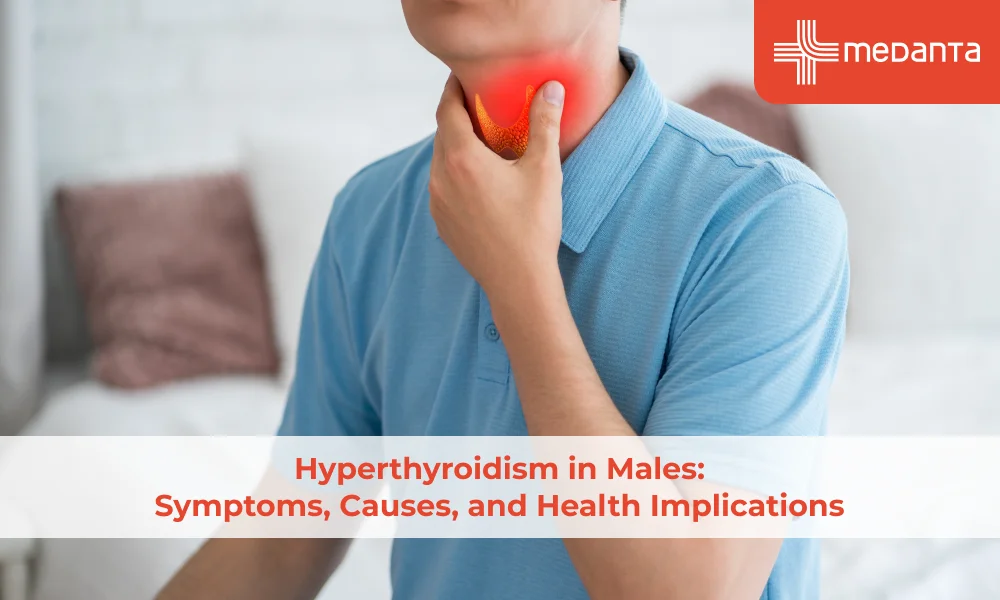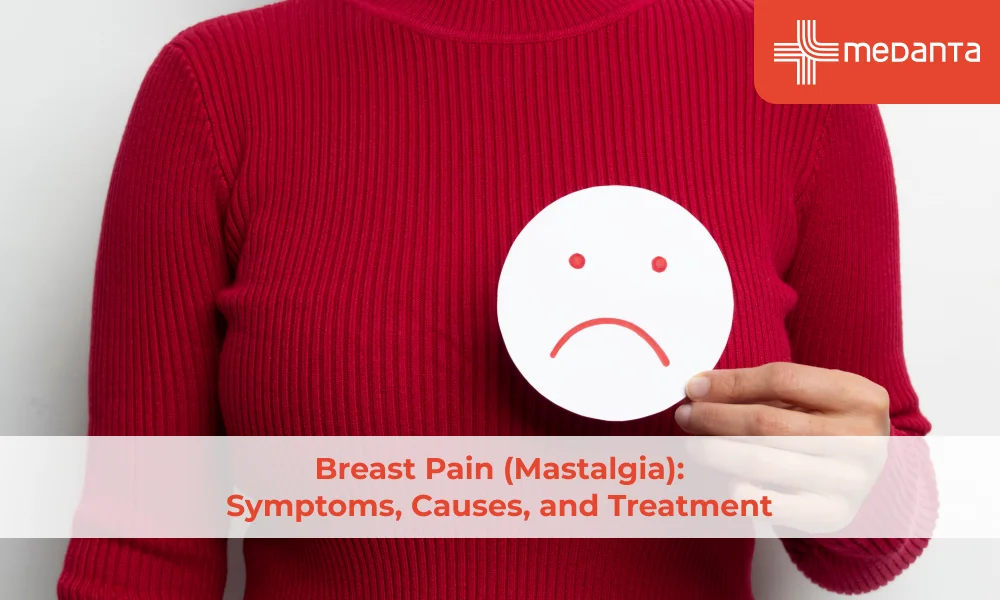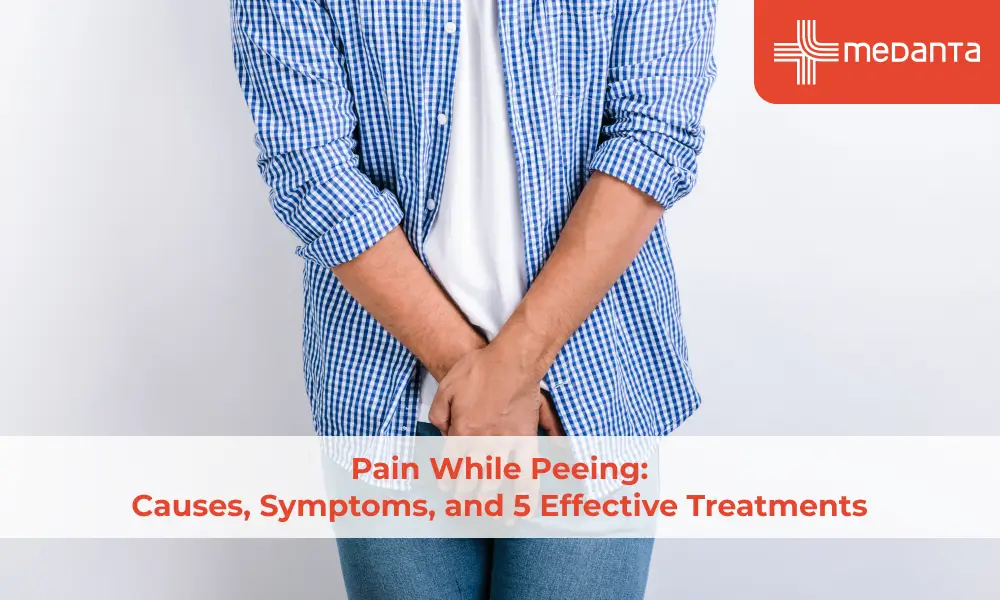Eczema and Your Skin: How to Cope
Eczema, also known as atopic dermatitis, is a condition of the skin that leads to inflammation, burn, itchiness, redness, and cracks. In India, more than 28% of all registered cases of Eczema are that of children and can be attributed to environmental changes consequent to rapid industrial development.
What Causes Eczema?
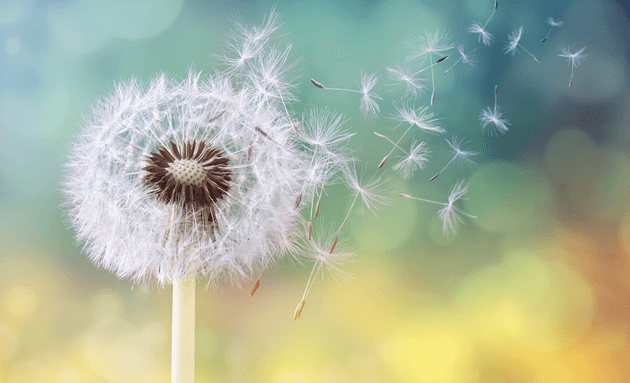
There are no identifiable causes that point to Eczema but is believed to occur due to a combination of multiple environmental and genetic factors.
If both or one parent has an atopic disease, the child is at a higher risk of developing Eczema.
Environmental factors that can aggravate the symptoms of Eczema are:
- Irritants from beauty products such as soaps, detergents, and disinfectants
- Allergens such as dust mites, pollen, pet dander, dandruff, and mould
- Microbes such as Staphylococcus aureus, viruses, and certain fungi
- Extreme weather conditions, be it hot or cold, high and low humidity, and sweat
- Foods such as eggs, nuts, seeds, wheat and soy products
- Exposure to stress, although it may not be a direct cause, can sometimes worsen the situation
- Hormonal changes in women, for example during pregnancy or at certain stages of the menstrual cycle
What are the symptoms of Eczema?
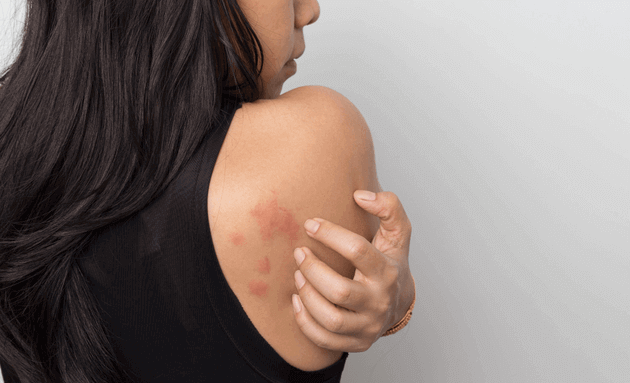
Symptoms of Eczema will vary with age. Atopic dermatitis, or Eczema, is commonly diagnosed by the age of 5 years.
Common symptoms of Eczema in children under 2 years are:
- Rashes on the cheeks and scalp
- Rashes that bubble up before releasing fluid
- Extreme itchiness and trouble sleeping because of rashes
Common symptoms of Eczema in children above 2 years until puberty is:
- Rashes behind elbows and knees, wrists, ankles, and creases between legs
- Rashes may develop bumps and can lighten or darken in colour
- Thickened rashes (lichenification) can develop knots and a permanent itch
Common symptoms of Eczema in adults are:
- Rashes cover most part of the body, especially around creases of the elbows, knees, or nape of the neck
- Rashes can lead to dry skin, and become very prominent
- The rashes are flakier and can become permanently itchy
- The rashes can lead to severe skin infections
Scratching and rubbing often worsen the condition. Care must be taken to avoid itching as much as possible.
How Can You Cope with Eczema?
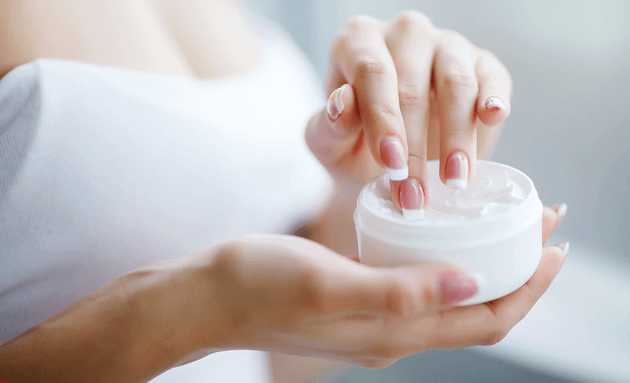
Although there is no permanent cure for Eczema, treatment options and home remedies aim to manage and heal the itchiness and marks caused by the rashes.
There are a number of things one can do at home to relieve themselves of the constant itchiness and feelings of scratching. They include:
- Taking lukewarm baths
- Moisturising within 3 minutes after the bath (lock-in period of moisture)
- Wearing natural cotton and soft fabric to avoid any skin irritation or itchiness
- Using water-based soaps and cleansers
- Air drying or pat drying after a shower with a clean towel, preferably made of organic materials
- Avoid exposure to drastic changes in temperatures, however possible
- Keeping fingernails short and being hygienic to avoid scratching or the spread of other infections
Your doctor may prescribe medications such as Corticosteroids creams and ointments, antibiotics, antifungal medicines, antihistamines, and barrier repair moisturisers.
Even though Eczema is not curable yet, dermatologists suggest specific treatment plans to suit each person. Once the area is healed, constant care must be taken so as not to trigger any irritations again.



